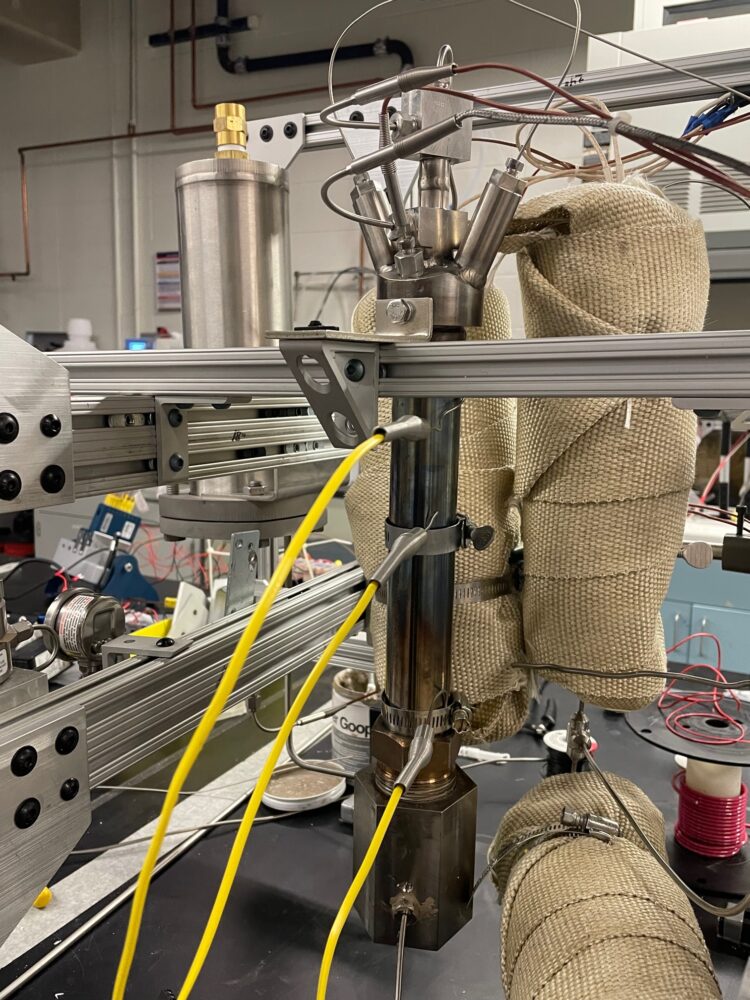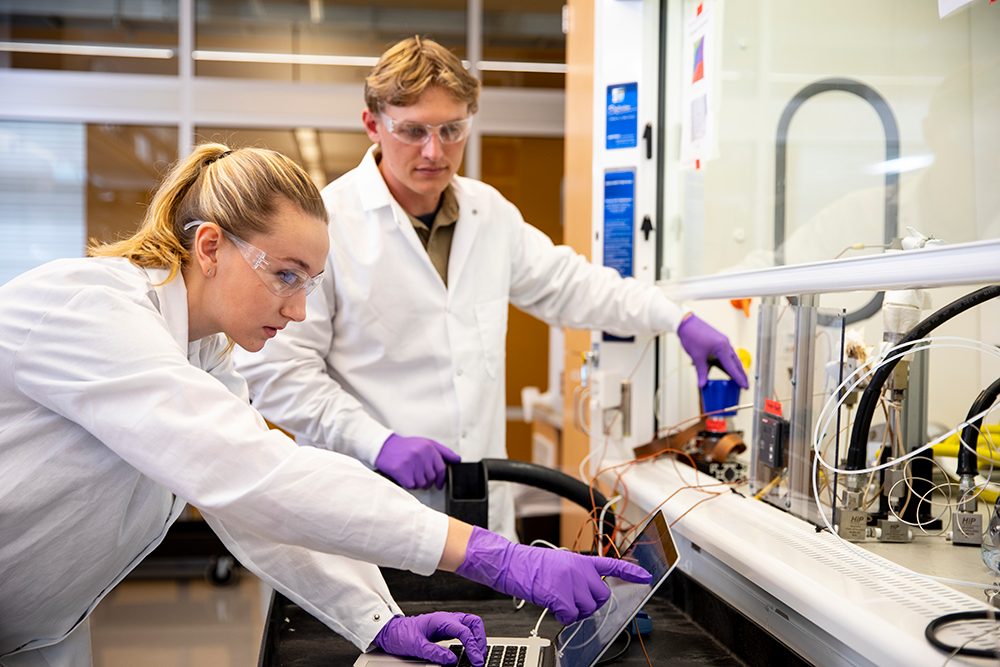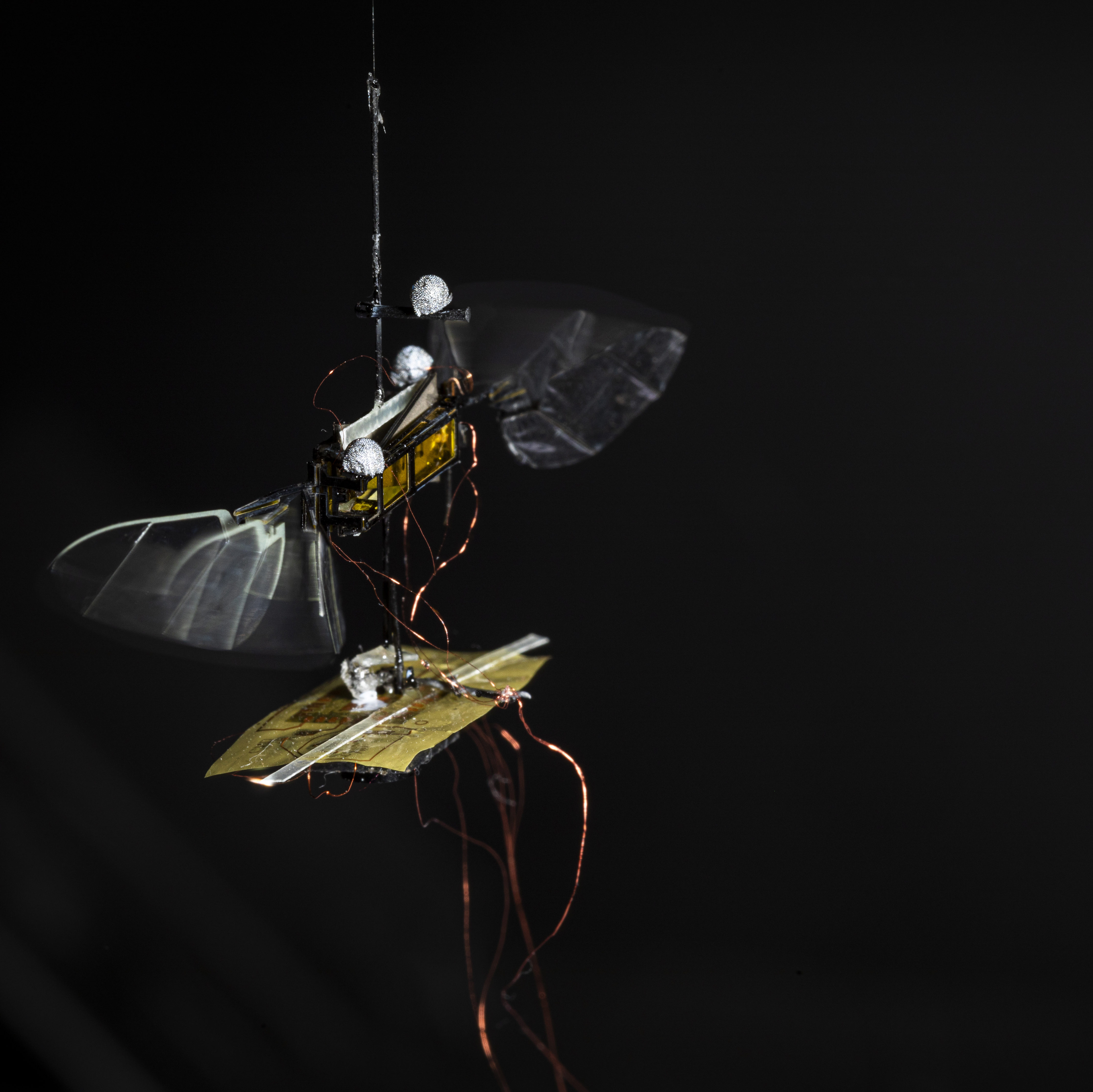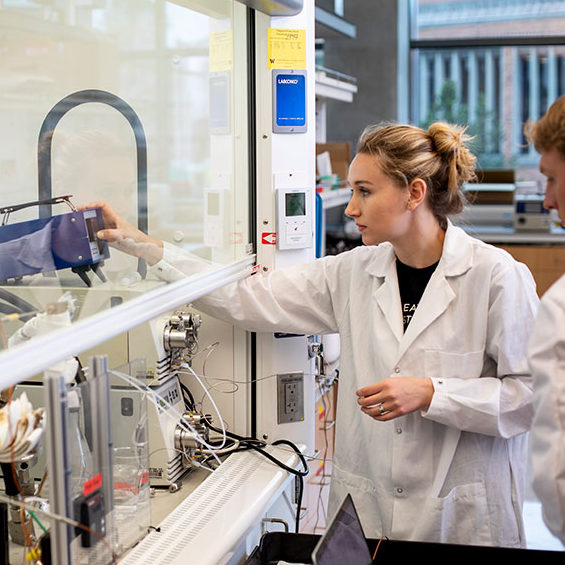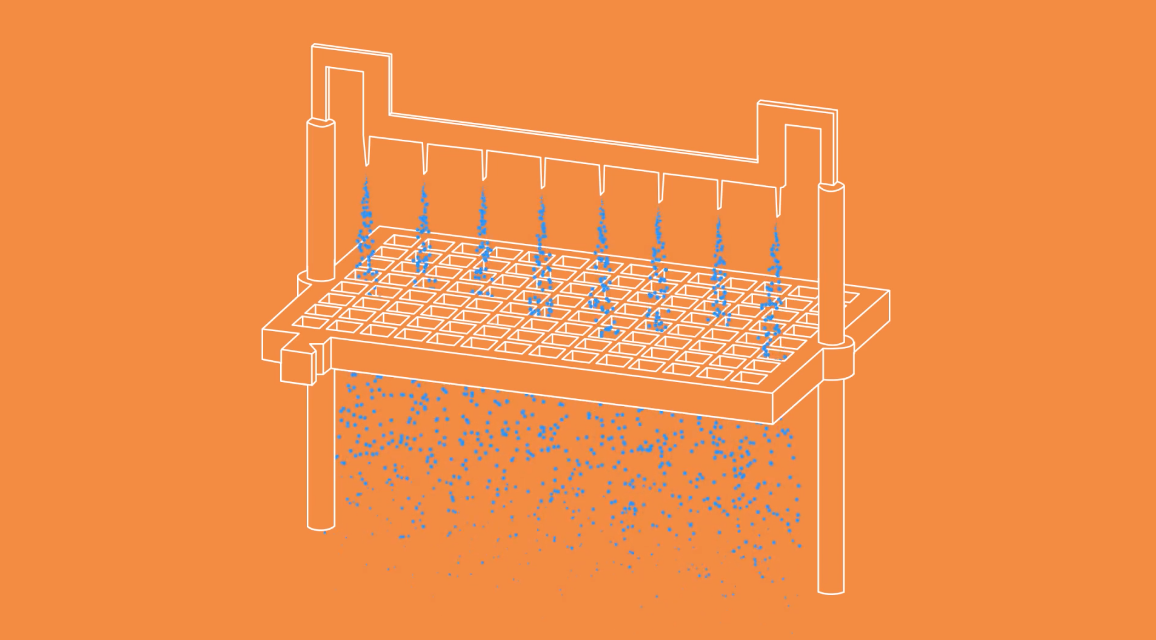“Forever chemicals,” named for their ability to persist in water and soil, are a class of molecules that are ever-present in our daily lives, including food packaging and household cleaning products. Because these chemicals don’t break down, they end up in our water and food, and they can lead to health effects, such as cancer or decreased fertility. Now a team of researchers at the University of Washington has created a new way to tackle these chemicals — a technology that could help treat industrial waste, destroy concentrated forever chemicals that already exist in the environment and deal with old stocks, such as the forever chemicals in fire-fighting foam.
Q&A: UW researchers develop a reactor that can destroy ‘forever chemicals’
